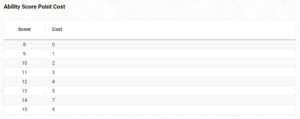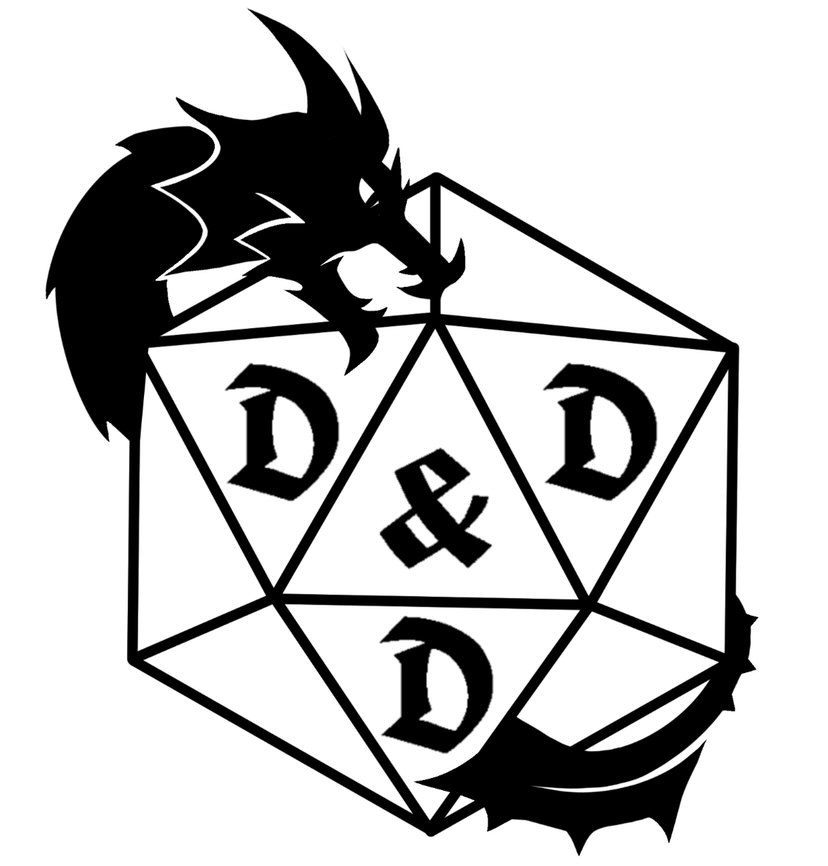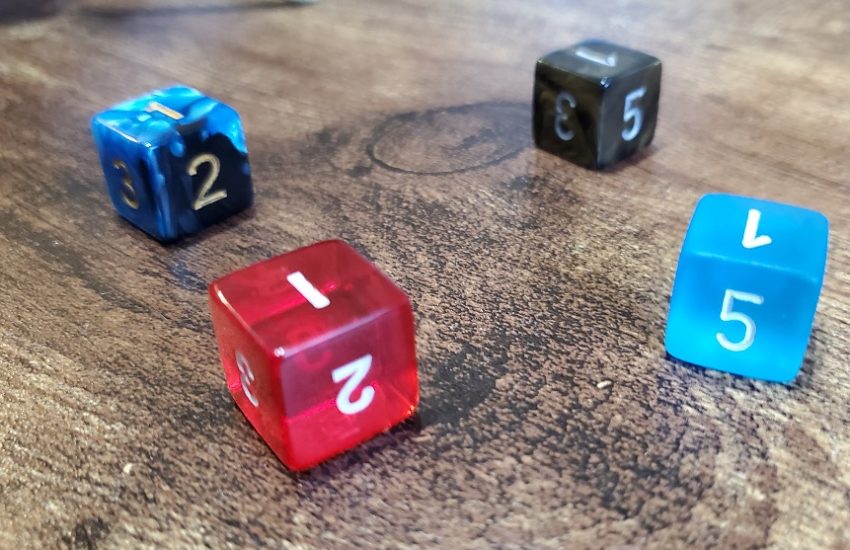Put down the pitchforks, people, and just hear me out here.
I know that rolling for stats is an integral part of the character-creating experience for a lot of Dungeons and Dragons players, as well as that it dates back to some of the earliest games… But I think it’s something we simply must move past.
- See also:
Now, I’m not saying to throw it out completely, I’m just saying that the point buy system that was introduced around Third Edition should have found its place as the standard by now.
Here’s a quick explainer for anyone who may be new to the game and has no idea what I’m even talking about regarding stats, point buy, or the character creation process.
The Nitty Gritty of Character Creation
So in the game of Dungeons and Dragons, all player characters (that is, the character that the player is is controlling in the game) rely on six different core stats; Strength, Dexterity, Constitution, Intelligence, and Wisdom, to shape how well (or not so well) they perform in specific abilities, ie. whatever your DM will ask you to roll for when you attempt to succeed at whatever it is you’re trying to do in-game (be it Animal Handling (Wisdom), History (Intelligence), Performance (Charisma), etc.).
Now, there are some outside factors when it comes to determining what your six core stats end up as, such as racial, class, or feat bonuses, but for the most part those six starting numbers are determined by the player right off the get go.
There are three official ways of determining these starting statistics as suggested in the 5th Edition Player’s Handbook, though I am sure that the D&D community has come up with a number of additional options as well.
Here are the three found in the PH:
- Rolling for stats: “Roll four 6-sided dice and record the total of the highest three dice on a piece of scratch paper. Do this five more times, so that you have six numbers.”
- Standard array: 15, 14, 13, 12, 10, 8
- Point Buy: “You have 27 points to spend on your ability scores. The cost of each score is shown on the Ability Score Point Cost table. For example, a score of 14 costs 7 points. Using this method, 15 is the highest ability score you can end up with, before applying racial increases. You can’t have a score lower than 8.”

The result of point buy (as well as standard array, to a lesser extent) allows for players to be more intentional with their character’s stats, as well as ensuring that there is not a huge power imbalance within the party.
Okay, so what’s wrong with rolling for stats?
I’ve never been the kind of player who optimizes a character to be The Best Around, but it’s still nice to have a few specific skills that you’re the go-to on. We need a group survival roll as we traverse the wilderness? Cool, I can shine. Door’s locked? Make way for the rogue. Someone (or something) needs seducing? You’d better believe the Bard has this one covered.
That dynamic simply falls apart from sessions zero if there is a complete imbalance in starting stats, however, which is exactly what is at risk with the 4d6 method. If one player gets lucky off the first few rolls of a potentially years-spanning game, it sets them up for the spotlight above others who may have gotten unlucky — and that’s not to mention the worry that some players may fudge a few 2s or 3s if they happen to be rolling on their own, something that’s ever more likely as D&D moves more and more to the virtual space.
Of course, a lot of DMs will allow players to reroll all six of their numbers if they happen to be stuck with a majority of numbers around 10, but I think that essentially destroys the whole purpose of rolling up stats in the first place — the randomness of it all.
Not to mention that a well rolled 18 combined with a racial or class bonus could leave a LEVEL 1 character starting out with a stat completely maxed out at 20 — which, in my eyes, robs that character of room for growth and improvement in that ability, both on their sheet and in their roleplaying.
How to present this to your party
The decision on how to determine character stats falls squarely on the DM’s shoulders, though given that D&D is a collaborative game, I would suggest taking a democratic approach to the problem of presenting the idea of using point buy to the table.
It makes sense for players to want to roll for stats. Not only is rolling a bunch of dice fun (what is D&D if not gambling for nerds?), but given that most DMs are charitable with bad rolls, the odds are in their favour to end up with higher starting stats than point buy or standard array.
Not to mention that players may want their next character to be bigger, better, bolder, or wiser than their last, and the hard cap at 15 for both point buy and standard array (before racial and class bonuses) can seem like a major buzzkill compared to that glorious , if incredibly unlikely, chance of rolling six 18s.
If you’re DMing a brand new party, either a group who you’ve never played with before or players who are completely new to the game, I’d suggest simply making it clear to the players that your preferred method is how you’d prefer them to create their characters. This also acts as something of a Litmus test to see what players (if any) have a hard time accepting a concrete DM decision — because Session Zero is a better time than any to find out if you’ll be running into those problems down the line.
If you’re starting a new campaign with an established group of players, and you’ve rolled for stats in the past, I’d present it as an option that has your vote (and potentially the tie-break, as the DM) with an explanation as to why, and put it on your players to discuss and ultimately determine what the group ends up doing.
Most players will want to respect the DM’s wishes, and will be glad to have been brought into the decision.
In conclusion…
At the end of the day, there is no right or wrong way to go about doing anything in D&D — there are only suggestions for how best to make sure that everyone at the table is having a good time, which should be everyone’s ultimate goal, every session.
I personally think that using point buy (and even standard array) vs. rolling for stats will lead to a more enjoyable experience for everyone in the long run, but that may not hold true for all DMs, players, or tables. Some players may even enjoy creating a character that rolled incredibly poorly off the get go, and that unlucky adventurer may end up as the most memorable part of a campaign.
That’s the great thing about D&D — the rules laid out in the official sourcebooks can be molded to best fit any individual party, which will ultimately know best as to what will work for its own DM and players.
I’m happy to offer my opinion on how to maximize enjoyment as I see it, but, as always, take what I say with a sizable grain of salt… I am just some guy on the internet, after all!

